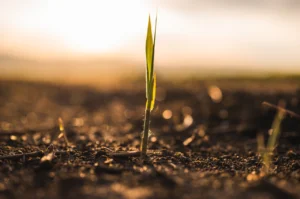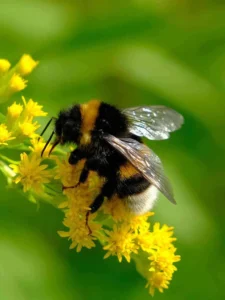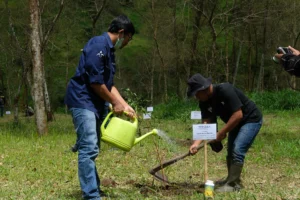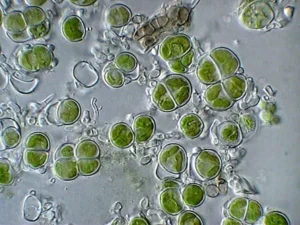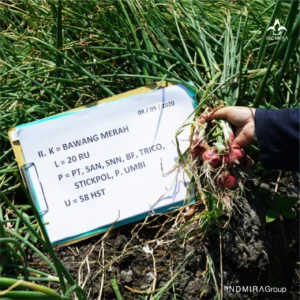Most plants, particularly flowering ones, rely on insects for pollination and reproduction. In Asia, there are around 1,330 plant species whose pollination is assisted by insects. These insects function as pollinators. The process of pollination aided by insects is called entomogamy.
In principle, almost all types of insects can act as pollinators. However, the main contributors to pollination include butterflies, bees, fruit flies, and beetles. One example of an insect that plays a significant role as a pollinator is the honeybee.
Pollinators or pollinating insects are key elements in conserving natural ecosystems, as well as in maintaining stability and increasing food crop production worldwide. Based on FAO data, approximately 90% of plants or flowering crops across the globe produce fruits or seeds consumed by humans as food. It can thus be directly inferred that pollinating insects have an enormous contribution to the development of sustainable food security.
Klein et al. (2007) in their journal state that pollinators, such as bees, can influence 35% of global crop production and increase the yields of 87 leading food crops worldwide. Three out of four crops worldwide that produce fruits or seeds used for food require the role of pollinators. In this regard, the existence of bees is indispensable within ecosystems.
Essentially, bees and plants share a mutualistic symbiotic relationship in which both benefit. Bees obtain their food source from plants, while plants are assisted in their pollination process by bees. Therefore, a decline in plant populations will significantly impact global bee populations.
According to The Guardian, studies have shown a 30% decline in bee populations in certain regions within a single human generation. Researchers have also stated that this rate of decline could consistently lead to mass extinction.
The threat to bee populations is primarily caused by intensive agriculture, which significantly alters the environment for bees, thereby reducing their food sources and habitats. Excessive use of insecticides also affects the existence of bees, as they face death risks when their food sources contain toxins. Rising global temperatures further exacerbate this threat of extinction.
According to the Food and Agriculture Organization (FAO), pollinators exhibit different characteristics and responses to temperature and habitat. They require suitable climates to survive. Therefore, climate change has a strong influence on the existence of various pollinators, including bees. Ultimately, climate change must be addressed by taking actions to reduce emissions that drive further environmental change.
However, addressing climate change will require a long process and cooperation from all of humanity. So what concrete steps can be taken to maintain bee pollinator populations and prevent their extinction, thereby safeguarding future food security?
There are several efforts we can undertake to increase and sustain bee populations, including avoiding the use of pesticides and chemical fertilizers that poison bees and other pollinators. Alternatively, organic fertilizers or botanical pesticides can be used, which are more environmentally friendly and non-toxic to pollinators or natural predators.
In addition, we can provide food sources and habitats for bees by planting more flowering plants and trees. If bees feel comfortable in an ecosystem carefully designed for them, it can support their reproduction and population growth.
Implementing polyculture systems or planting diverse crop varieties is also an important step in developing bee populations. With plant diversity, bees will have greater access to nectar sources. Furthermore, biodiversity in crops provides habitats and ecosystems for bees, thereby supporting the growth of their populations within these environments.
Protecting and enhancing pollinator insect populations is not only economically significant but also contributes to food security and sustainability. An increase in bee populations leads to greater pollination, enabling plants to produce more food. Bees also improve livelihoods and promote environmental conservation. Let’s protect bee populations in our surroundings!

